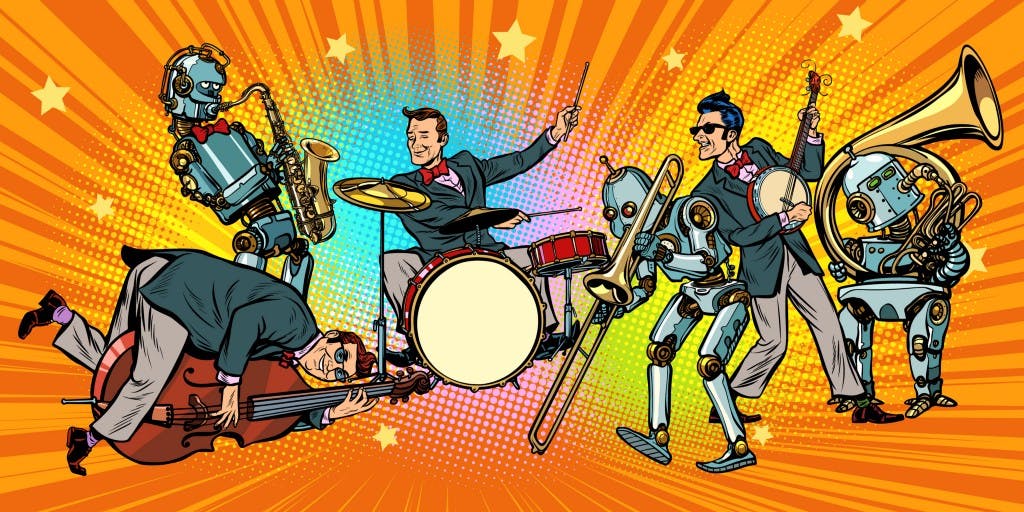17,642 reads
AI in Five, Fifty and Five Hundred Years — Part One
by
April 25th, 2019
Audio Presented by
I am an author, futurist, systems architect, public speaker and pro blogger.
About Author
I am an author, futurist, systems architect, public speaker and pro blogger.
